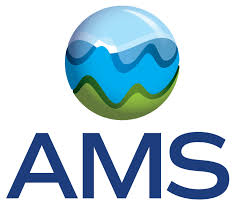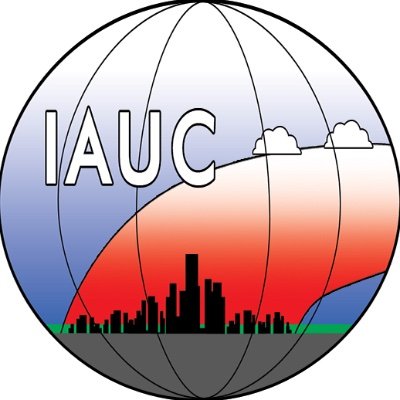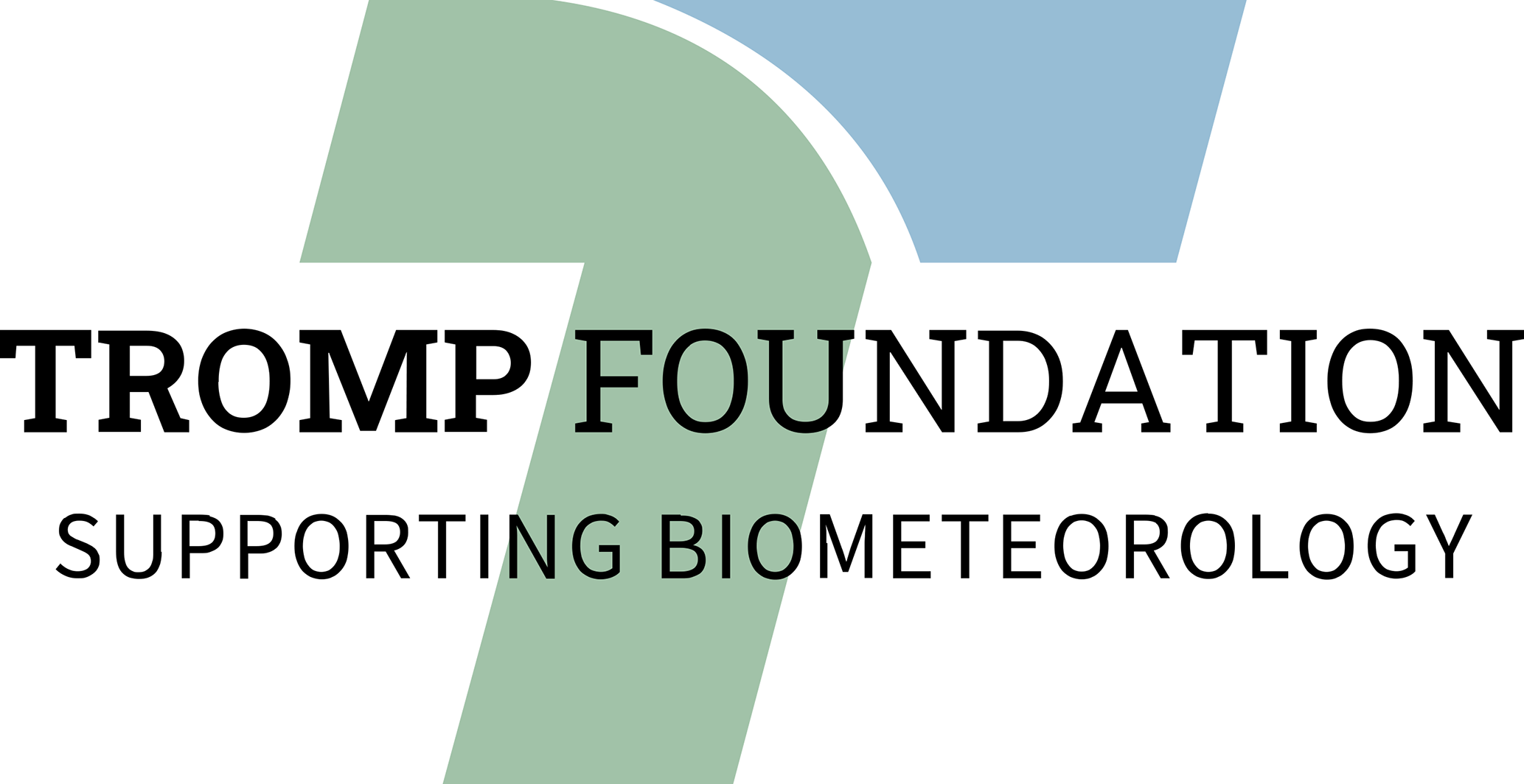Cold Cities: Pressures on bio-cultural heritage, micro-climates, and thermal comfort, resilience & sustainability
This session invites abstracts from urban experimental and modeling researchers; urban managers and other urban stakeholders working with climate issues specific for cold climate cities; urban modelers working towards the WMO initiative on the Integrate Urban hydro-meteorological, air quality, and climate services; urban ecologists; experts in cultural heritage; experts in urban remote sensing; and other urban experts.
16:00–16:15
|
ICUC12-782
|
Onsite presentation
16:15–16:30
|
ICUC12-220
|
Online presentation
16:30–16:45
|
ICUC12-967
|
Onsite presentation
16:45–17:00
|
ICUC12-225
|
Online presentation
17:00–17:15
|
ICUC12-1029
|
Onsite presentation




